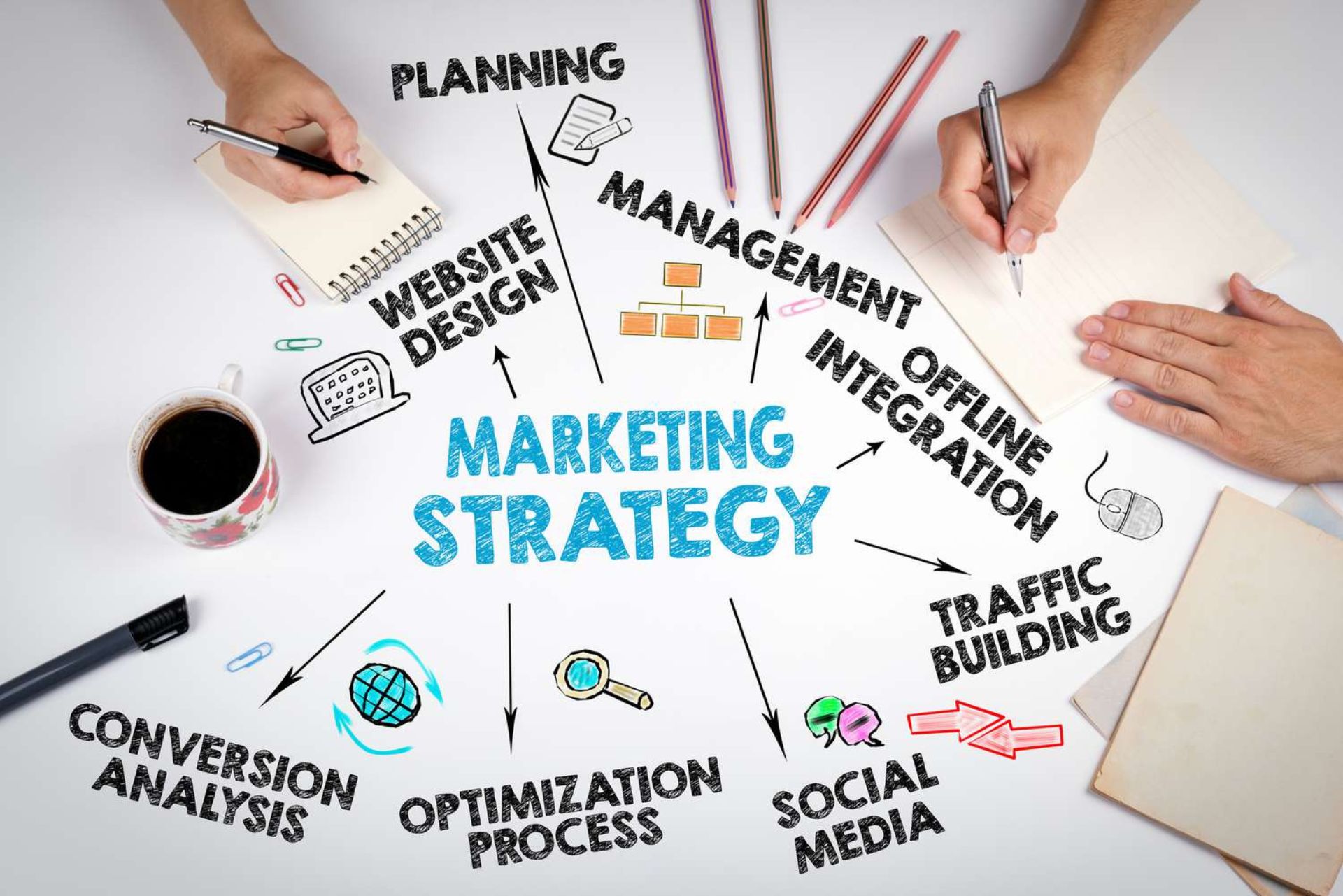#1 Digital Marketing Strategy Course with Certification
Classroom Training | Live Online Session
Learn Digital Marketing Strategy to maximize your skills and eventually amplify your marketing efforts with this Online & Offline Digital Marketing Strategy Course.

1-on-1
Mentoring Sessions
Beginner
Course Level
Flexible Per Course
Timing
1000+
Students Trained
Digital Marketing Strategy Course Details
Industry-Relevant Curriculum
1:1 Mentoring Session with Expert Trainers
No Prior Experience/Knowledge required
Access to LMS
Dedicated Q&A Support & Doubt Solving Sessions
Practice Tests & Assignments
Get Brochure Now !
What Our Students Say
 “I enrolled for ProiDeators SEO, Social Media short-term certification courses. I am satisfied with this course and teaching. Also, I got all certificates from there for SEO & Social Media. I would totally recommend going for these short-term certification courses.”
“I enrolled for ProiDeators SEO, Social Media short-term certification courses. I am satisfied with this course and teaching. Also, I got all certificates from there for SEO & Social Media. I would totally recommend going for these short-term certification courses.”
– Pooja Yadav
Student of SEO & Social Media
 “Best short term course for Website Development & Google Analytics. Excellent institute for practical knowledge. It gives you quality as it promises. Specially the teachers are very good who teach with examples that make it easy to understand.” Best Digital Marketing Courses Institute.
“Best short term course for Website Development & Google Analytics. Excellent institute for practical knowledge. It gives you quality as it promises. Specially the teachers are very good who teach with examples that make it easy to understand.” Best Digital Marketing Courses Institute.
– Pratik Shirore
Student of Masters in Digital Marketing, India
Digital Marketing Strategy Training Courses at Thane, Mumbai – India
A digital marketing strategy is a plan of action that shapes how a business or organization will utilize digital channels, platforms, and tactics to achieve its marketing objectives. It incorporates numerous elements, including target audience identification, goal setting, channel selection, content creation, and performance measurement. Strategy makes you to understand business in a precise manner and any lope holes can be filled through strategies. Any missing element can be utilized in strategy and can be accomplished in future.
Let’s understand why digital marketing strategy is important in businesses:
Digital marketing strategy will make your business stand apart from the crowd if utilised wisely.
Define Goals and Objectives: Start by clearly defining your overall marketing goals and specific objectives for your digital marketing efforts. These goals could include increasing brand awareness, driving website traffic, generating leads, boosting online sales, or improving customer engagement.
Organise Target Audience: Determine your target audience or buyer personas. Understand their demographics, interests, behaviors, and preferences. This will help tailor your digital marketing activities to effectively reach and engage with your ideal customers.
Conduct Competitor Analysis: Research and analyze your competitors’ digital marketing strategies. Identify their strengths, weaknesses, opportunities, and threats. This analysis can provide insights into potential gaps in the market and help differentiate your brand.
Choose Digital Marketing Channels: Select the digital marketing channels that align with your goals and target audience. Common channels include search engine marketing (SEM), search engine optimization (SEO), social media marketing, email marketing, content marketing, influencer marketing, and display advertising.
Develop Content Strategy: It is important to make content strategy to reach wider audience across the world as per the taste and preferences. Define different style of content such as blog, articles, infographics etc. that will resonate with your audience and support your advertising goals. Plan content creation, distribution, and promotion across relevant channels.
Implement SEO and SEM Strategies: Digital marketing need to plan appropriate SEO and SEO strategies that will to improve their website visibility in organic search result. Whereas SEM help to run paid campaigns on search engine result pages to drive traffic and generate leads for the business.
Leverage Social Media: Utilize social media platforms to engage with your audience, share content, build brand awareness, and drive website traffic. Identify the most relevant platforms for your target audience and develop a social media content plan that aligns with your brand’s voice and objectives.
Implement Conversion Optimization Techniques: Focus on optimizing your website and landing pages to improve conversion rates. This includes clear call-to-actions, streamlined user experience, persuasive copywriting, and effective design elements to encourage visitors to take desired actions, such as making a purchase or submitting a form.
Monitor and Measure Performance: Implement tools and analytics platforms to track and measure the performance of your digital marketing efforts. Monitor key metrics such as website traffic, engagement rates, conversion rates, click-through rates, and return on investment (ROI). Use this data to evaluate the effectiveness of your strategies and make data-driven decisions.
Repeat and Adapt: Continuously analyze the results of your digital marketing campaigns and strategies. Learn from the data and feedback, make necessary adjustments, and optimize your approach over time. Digital marketing is a continuous process, and adapting to market trends and consumer behaviors is crucial for success.
Remember, a digital marketing strategy should be tailored to your specific business goals, industry, and target audience. It should be flexible enough to adapt to changing market conditions and technological advancements. Regularly reviewing and refining your strategy based on insights and data will help you stay competitive and drive results in the digital landscape.
